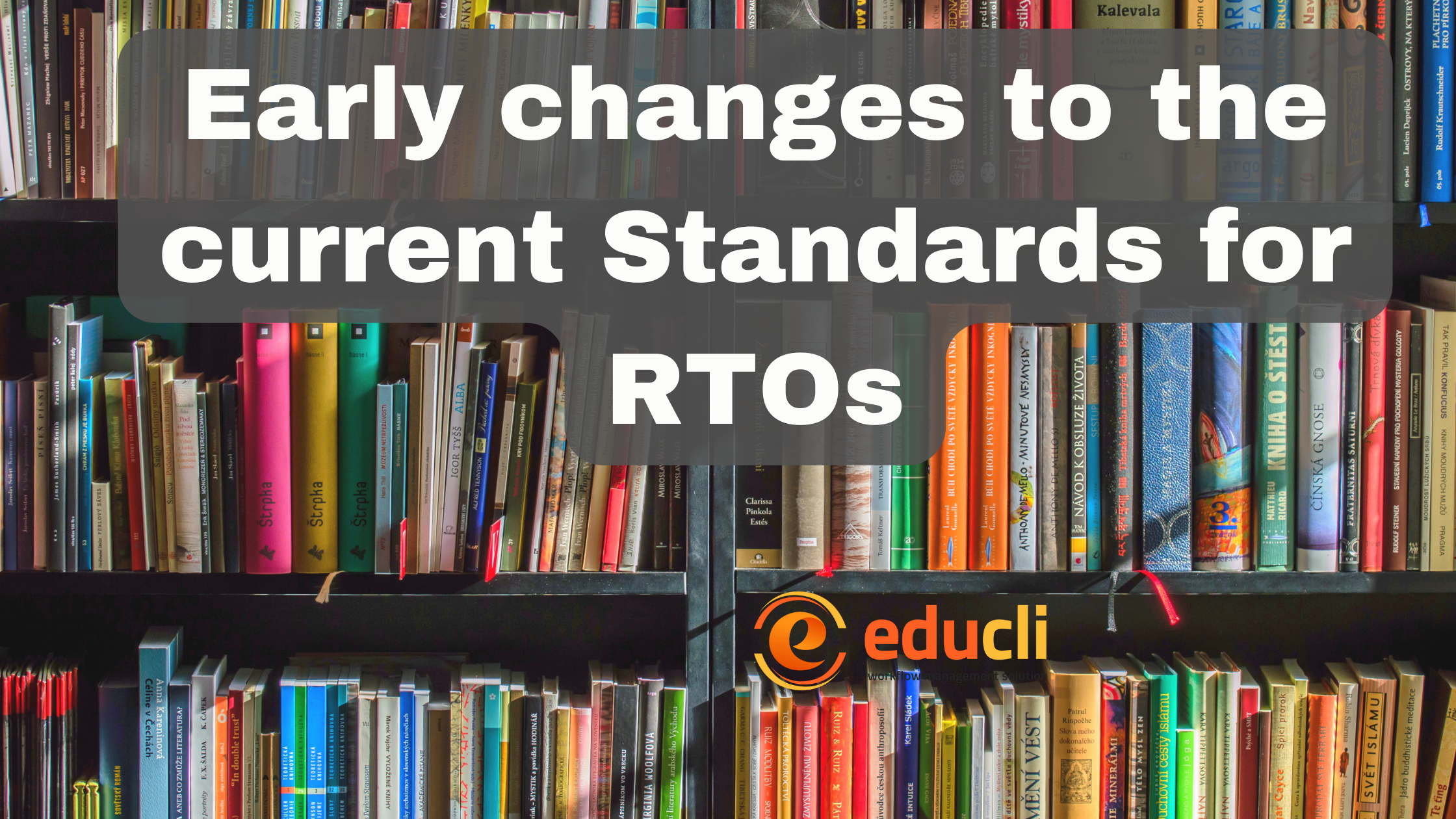The Department of Employment and Workplace Relations has recently announced a significant move forward regarding the standards governing Registered Training Organizations (RTOs). Skills Ministers have reached a consensus to implement early changes to these standards, ahead of a more comprehensive overhaul planned for the near future. These adjustments aim to alleviate current challenges facing the Vocational Education and Training (VET) workforce and swiftly bring benefits to this sector.
Highlighted below are the initial changes, which have garnered widespread support from the sector through prior consultations. These include:
-
The introduction of new and revised training products stems from the updated Training and Education (TAE) Training Package.
-
The provision for individuals with a high school education degree to take on roles as trainers and/or assessors.
-
The allowance for individuals pursuing a Certificate IV or Diploma from the TAE Training Package to partake in delivering training and assisting in assessments under supervision.
-
The expanded involvement of industry experts.
-
The alignment with the latest modifications to the Fit and Proper Person Requirements.
-
The implementation of minor clarifications and amendments.
A significant update is the provision that now enables teachers with current registration in their respective states to conduct training across any VET context under supervision. Furthermore, teachers who complete specific TAE skill sets will have the capability to train and assess in any VET context independently, without the need for supervision.
The transition into a role as a trainer and assessor for vocational education and training (VET) is not without its challenges. The vocational education and training sector is both diverse and heavily regulated, and it is driven by the requirements of the industry. There is typically an initial period of adjustment that newcomers must go through, during which they must contend with industry-specific jargon and a multitude of regulations. The vocational education and training (VET) sector, in contrast to traditional education frameworks, places a higher priority on performance criteria and competency-based assessment than it does on traditional curricula.
To bridge this gap, education providers need to offer extensive support to educators entering the VET sector by leveraging existing teachers’ skills and addressing knowledge gaps. The importance of preparation and training to effectively support learners and meet industry demands is essential for a successful training delivery and assessment in VET sector.
Educators working, or transitioning into VET are encouraged to evaluate their familiarity with key aspects of the particular Training Packages that they will deliver, the Australian Qualifications Framework (AQF) levels, and the Australian Core Skills Framework (ACSF). The providers of education have a responsibility to train their trainers so that they can successfully navigate the complexities of the vocational education and training sector and effectively contribute to the success of it.
Educli provides ample assistance to educators who are entering the vocational education and training sector. To ensure that educators are well-equipped to navigate the complexities of the vocational education and training sector and effectively contribute to vocational education and training, Educli is ready to provide assistance to educators who may think they are unprepared.
Contact us for more information.
#vet #vocationaleducation #tae #educli





Leave A Comment